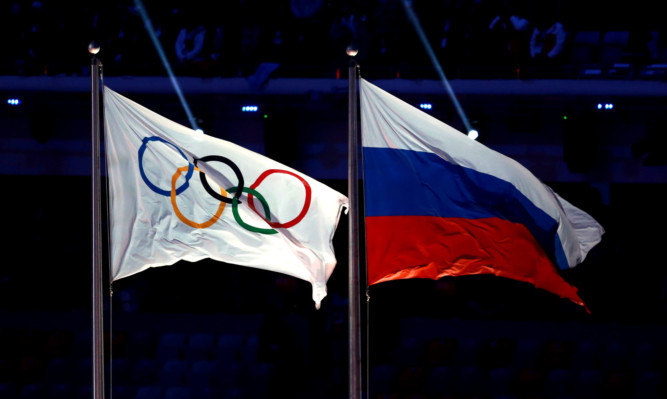Russia faces being banned from the Rio 2016 Olympics after an investigation revealed “state-sponsored” doping on a wide scale in one of sport’s biggest ever scandals
An independent commission (IC) set up by the World Anti-Doping Agency (WADA) has revealed that 1,417 samples were deliberately destroyed on the orders of the director of Russia’s drug-testing laboratory – who took cash to cover up positive tests – while there was intimidation of ofifcials by undercover officers from the Russian secret service FSB.
The commission’s chairman Richard Pound said Russia should be banned from next year’s Olympics, and that the London 2012 Olympics had been “sabotaged” by the presence of Russian athletes with suspicious doping profiles. Russia’s sports minister Vitaly Mutko, also a FIFA executive committee member and head of the organising committee for the 2018 football World Cup, must have been aware of the level of cheating, which was a relic of old Cold War attitudes to drugs in sport, Pound told a news conference in Geneva.
Pound said: “For the 2016 Olympics our recommendation is that the Russian federation be suspended. One of our hopes is they will volunteer to take the remedial work – if they don’t the outcome may be no Russian track and field athletes in Rio. I hope they recognise it is time to change.”
His report said the Moscow drug-testing laboratory’s “impartiality, judgment and integrity were compromised by the surveillance of the FSB within the laboratory during the Sochi Winter Olympic Games”, and the laboratory director held weekly discussions with the Russian secret service.
“The IC concludes that there was direct intimidation and interference by the Russian state with the Moscow laboratory operations.”
The report blames the “widespread inaction” of the International Association of Athletics Federations (IAAF) plus the Russian athletics federation (ARAF) and the Russian anti-doping agency (RUSADA) for allowing drug cheats to compete.
“The IC (independent commission) has noted a cumulative lapse of action from the IAAF, ARAF and RUSADA in conjunction with pursuing suspicious profiles,” the report stated.
“As a result of this widespread inaction, the Olympic Games in London were, in a sense, sabotaged by the admission of athletes who should have not been competing, and could have been prevented from competing, were it not for the collective and inexplicable laissez-faire policy adopted by the IAAF, ARAF and RUSADA.”
IAAF president Lord Coe said he will seek urgent approval from the governing body’s members to consider sanctions against the Russian federation, which could include suspension.
He called the report “alarming” and said in a statement: “We need time to properly digest and understand the detailed findings included in the report. However, I have urged the council to start the process of considering sanctions against (the Russian federation).”
The United States Anti-Doping Agency (USADA), whose investigation brought about the downfall of cyclist Lance Armstrong over a similarly systematic approach to cheating, was fiercely critical of Russia.
“USADA applauds the work of the WADA Independent Commission in exposing a Russian effort to take over sport through unlawful means,” USADA chief executive Travis Tygart said in a statement.
“The evidence released today demonstrates a shocking level of corruption, and sends a clear message to Russia that they will not be allowed to cheat the world’s athletes and escape justice behind a wall of deception and lies.
“If Russia has created an organised scheme of state-supported doping, then they have no business being allowed to compete on the world stage. The world’s athletes deserve better, and all who love clean sport must rise up and confront this threat. We will continue to fight on behalf of all clean athletes to ensure that clear and decisive action is taken to sweep out anyone who has been involved with this scheme.”
